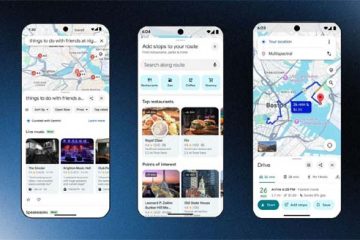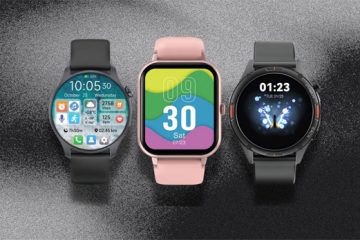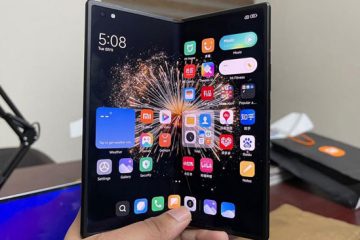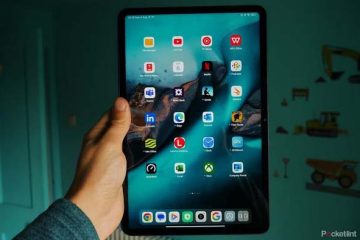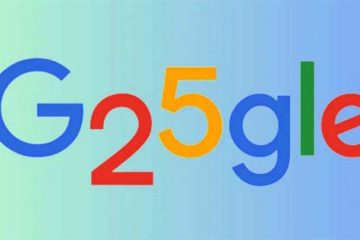Nokia has confirmed its long-rumoured deal with Microsoft under which Windows Phone will become the firm’s primary smartphone operating system, going head-to-head with Google Android and Apple’s iPhone.
In the strategic partnership deal, the two companies will use their “complementary strengths and expertise to create a new global mobile ecosystem”.
Nokia will adopt Windows Phone as its principal smartphone strategy, as well as provide innovations on the platform across its areas of strength, such as imaging.
Launched last October, the Windows 7 Phone platform supports Xbox Live connectivity, as well as Zune playback, Office Mobile for document editing and Bing for search and maps.
Microsoft’s Bing engine will now power Nokia’s search services, while Microsoft’s adCenter will provide search advertising on all new Nokia handsets. In return, Nokia Ovi Maps will be integrated into Bing and adCenter.
The collaboration deal is being widely viewed as an attempt by Microsoft and Nokia to regain lost ground on Apple’s iPhone and the ever-growing Google Android platform.
Stephen Elop, Nokia president and chief executive, said that the partnership will make the mobile smartphone market a “three-horse race”.
“Today, developers, operators and consumers want compelling mobile products which include not only the device, but the software, services, applications and customer support that make a great experience,” said Elop.
“Nokia and Microsoft will combine our strengths to deliver an ecosystem with unrivalled global reach and scale. It’s now a three-horse race.”
Microsoft chief executive Steven Ballmer added: “I am excited about this partnership with Nokia. Ecosystems thrive when fueled by speed, innovation and scale. The partnership announced today provides incredible scale, vast expertise in hardware and software innovation and a proven ability to execute.”
Details about the future role for Nokia’s existing operating systems, Symbian and MeeGo, have not yet been announced.
Analysts reacted with caution to the Nokia/Microsoft tie-up, particularly on the back of Elop’s candid memo earlier this week warning that the handset company was in crisis.
Mark Seemann, chief technology officer for Outsourcery, said the partnership will strengthen both companies in the smartphone market, but warned that Nokia will first need to get its house in order.
“From a business perspective, both Microsoft and Nokia have been historically strong but their market shares have weakened lately,” said Seemann.
“RIM’s BlackBerry devices have seen continued success within the business market, Apple and Google’s market share continues to grow and Microsoft’s excellent new Windows Phone should bring them back into the game.
“For Nokia to compete they are going to need to dramatically up their game and they can only achieve this with a monumental change to their organisation. Elop’s message to his staff was a public recognition of this fact.”


